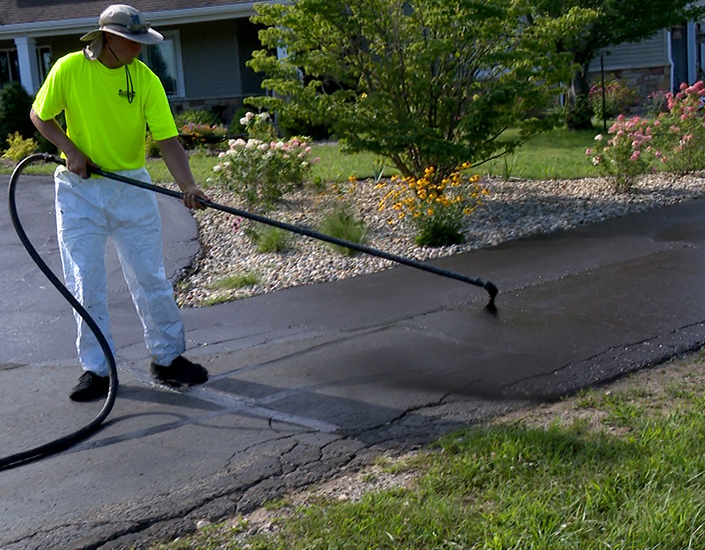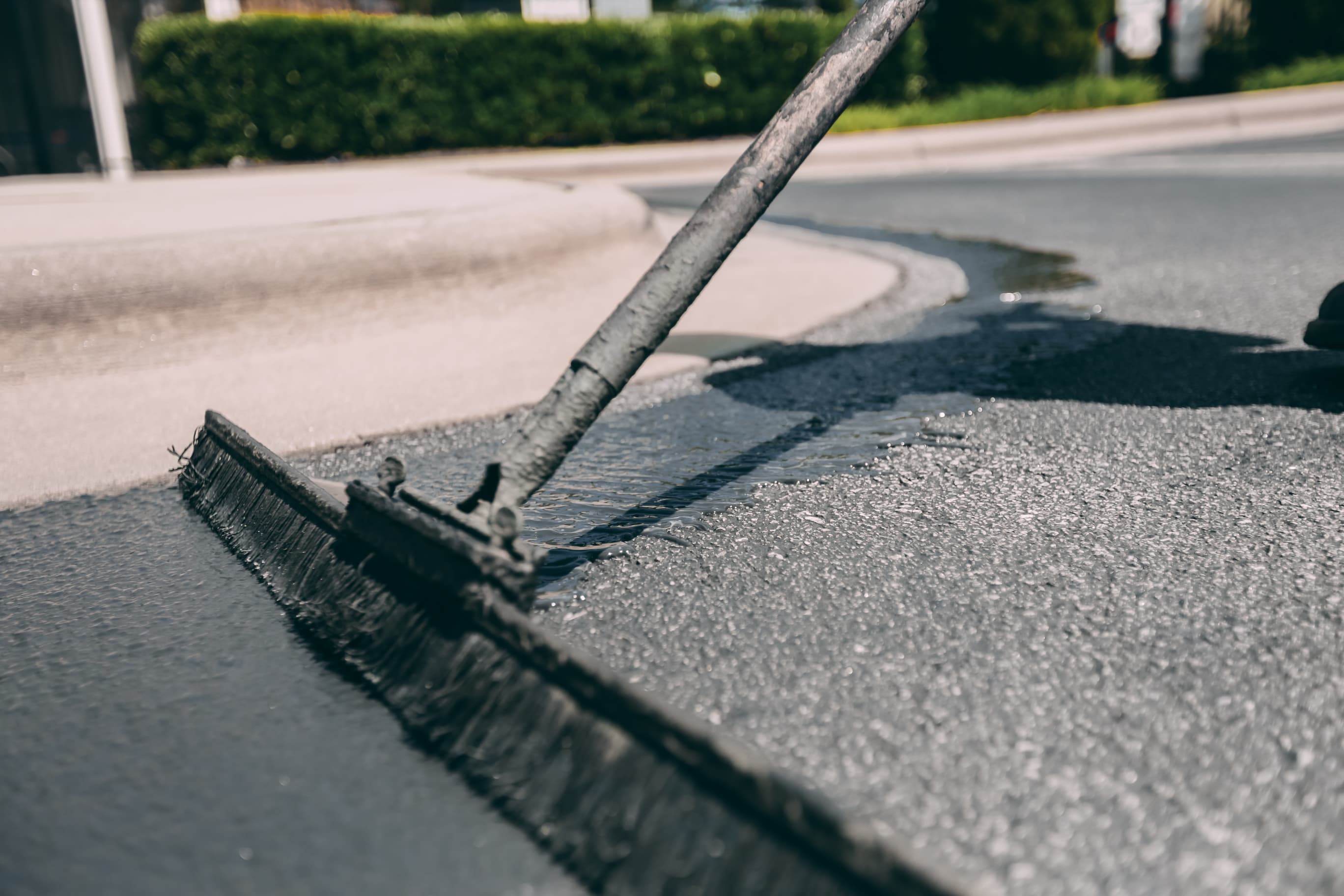Cold Mix Asphalt Vs. Hot Mix Asphalt: Which Is Right for You?

Composition Differences
Cold mix asphalt is produced by emulsifying the asphalt binder with water and an emulsifying agent before mixing it with aggregate. The warm mix asphalt manufacturing procedure entails warming the accumulation and asphalt binder independently prior to integrating them at the asphalt plant.
In addition, cool mix asphalt often tends to be much less thick and a lot more versatile than hot mix asphalt. This versatility makes it better suited for areas with greater degrees of motion, such as driveways or roads with heavy website traffic. In comparison, warm mix asphalt is understood for its high toughness and resistance to rutting and splitting, making it a favored choice for highways and high-traffic roadways where durability is important.
Setup Process Differences
The process of setting up cool mix and hot mix asphalt shows noteworthy variations in their demands and treatments. In comparison, hot mix asphalt requires a much more intricate installation process. Due to the home heating needs, warm mix asphalt installations are generally carried out by professionals with specialized tools, guaranteeing an extra irreversible and structurally sound result.
Longevity and Longevity Factors
When taking into consideration asphalt alternatives, longevity and long life are crucial factors to evaluate for lasting sidewalk efficiency,. Hot mix asphalt (HMA) is understood for its phenomenal longevity and long life. The heats throughout the mixing and laying procedure enable much better compaction, leading to a denser and stronger sidewalk framework. This causes HMA being a lot more resistant to heavy website traffic tons, severe weather, and the results of maturing compared to cool mix asphalt (CMA)
In regards to longevity, HMA commonly exceeds CMA due to its premium stamina and resistance homes. HMA pavements have a longer service life, calling for less constant repairs and maintenance, which can convert to set you back financial savings in the long run. Additionally, HMA pavements are extra quickly customizable to satisfy particular project needs, even more boosting their sturdiness.
Cost Considerations
Taking into consideration the monetary implications is a critical facet when evaluating the choice between hot mix asphalt (HMA) and chilly mix asphalt (CMA) for pavement jobs. While the initial cost of hot mix asphalt is normally greater than that of chilly mix asphalt, HMA typically supplies a much more economical option in the long run due to its exceptional durability and longevity.
In addition to product costs, it's necessary internet to take into consideration the costs associated with setup and upkeep when comparing HMA and find CMA. Inevitably, the decision between HMA and CMA ought to take into account not simply the initial expense yet likewise the lasting economic implications to figure out the most cost-effective choice for the details pavement job.
Environmental Influence Comparison
Comparison of the ecological influences between hot mix asphalt (HMA) and chilly mix asphalt (CMA) discloses distinct differences in sustainability methods. HMA manufacturing calls for high temperatures, causing raised energy usage and greenhouse gas discharges. The procedure additionally releases volatile organic compounds (VOCs) and harmful air toxins (HAPs) right into the atmosphere. In contrast, CMA is created and applied at reduced temperature levels, lowering power use and emissions considerably. The lower production temperatures of CMA lead to lowered gas intake and reduced degrees of carbon dioxide exhausts, making it an extra eco-friendly alternative.
Additionally, using CMA commonly includes reusing existing asphalt sidewalk, promoting source preservation and lowering the quantity of waste sent to garbage dumps. This reusing element additionally boosts the sustainability of CMA contrasted to HMA. Generally, when thinking about the environmental influence, CMA arises as a much more environmentally sustainable selection because of its lower power needs, decreased emissions, and the potential for reusing existing materials. By going with CMA over HMA, roadway building projects can add favorably to environmental preservation efforts.
Final Thought
To conclude, the selection between chilly mix asphalt (CMA) and warm mix asphalt (HMA) depends on different variables such as structure, installment procedure, sturdiness, long life, cost, and environmental effect. cold mix asphalt. While CMA provides a fast and economical option for small repairs, HMA guarantees remarkable durability and longevity for rush hour locations. Consider these elements very carefully to establish which kind of asphalt is the appropriate selection for your paving requires

Taking into consideration the monetary effects is an essential facet when evaluating the option in between warm mix asphalt (HMA) and cold mix asphalt (CMA) for sidewalk tasks. While the initial expense of warm mix asphalt is typically higher than that of chilly find this mix asphalt, HMA usually offers a much more cost-efficient service in the long run due to its remarkable durability and longevity. asphalt patch repair.Contrast of the ecological impacts between hot mix asphalt (HMA) and chilly mix asphalt (CMA) discloses distinctive distinctions in sustainability practices.In conclusion, the option between chilly mix asphalt (CMA) and warm mix asphalt (HMA) depends on numerous variables such as make-up, installation process, resilience, durability, expense, and environmental effect
Comments on “Improve Durability with Cold Mix Asphalt: Expert Sealing Solutions”